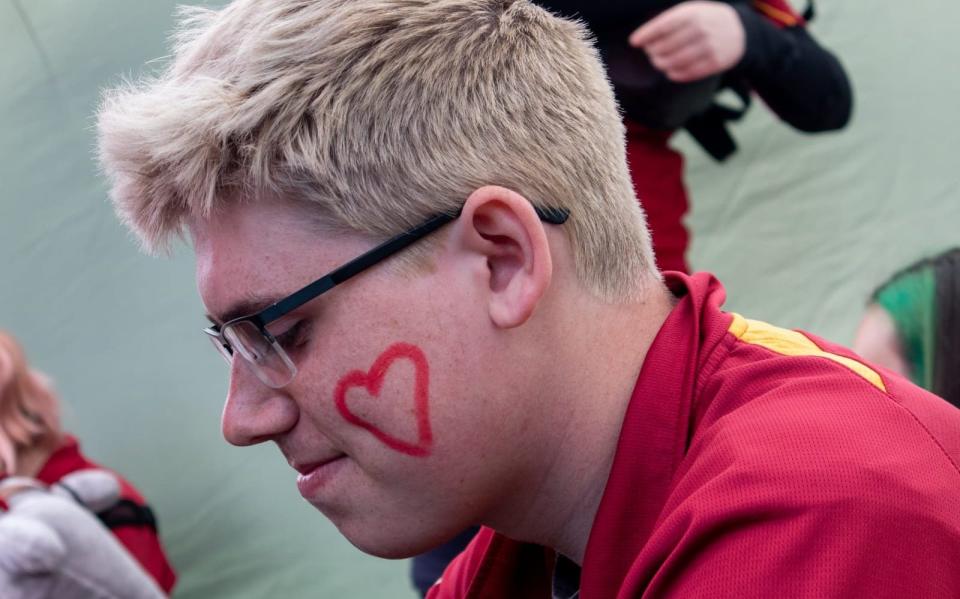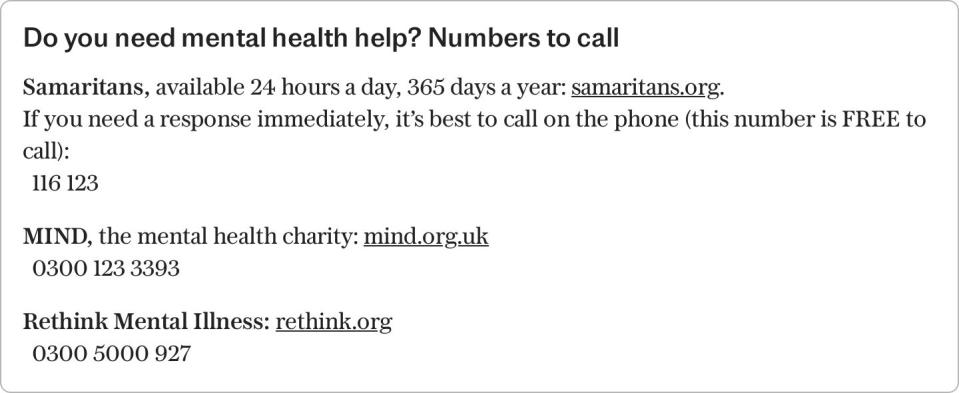Student’s suicide came after university let him ‘fall between the stalls’, says coroner

A Russell Group university could have done more to support a promising engineering student who killed himself on the day his exam results were due to be released, a senior coroner has found.
Matthew Wickes, a “highly intelligent” 21-year-old, had been on track for a first-class degree before his academic scores saw a “big drop off” after his second and third years were blighted by Covid lockdowns, it was heard.
Wickes, who was autistic, fell “further and further into crisis” before taking his own life because he was worried he had failed his third year at the University of Southampton.
The inquest heard Wickes, who was studying electrical engineering and may have been suffering from long Covid, missed several meetings with his project supervisor and then submitted work he felt “did not cut the mustard”.
Thinking he would not have enough credits to pass the year and with an “innate fear of failing”, the student, who was captain of the university’s archery team, didn’t sit his two summer exams.
On the eve of results day, he left his girlfriend’s accommodation before jumping from a bridge in Southampton.
He was pronounced dead at Southampton General Hospital in the early morning of June 30 last year.
At Winchester Coroner’s Court in Hampshire Christopher Wilkinson, the senior coroner, concluded a verdict of suicide and issued a Regulation 28 “prevention of future deaths” report to prevent other students falling “between the stalls”.
Mr Wilkinson suggested it was necessary to develop an “early warning system” to help identify struggling, vulnerable students.

The inquest heard Wickes’s autism diagnosis only came in November 2019, while he was already at Southampton, so the university did not know of his condition.
Originally from Carnforth in Lancashire, Wickes initially coped well with university life, according to his father, Stuart Wickes, despite not telling the university of his neurological condition.
In a statement read out to the court, his father said: “Despite experiencing social anxiety he showed a strong independent streak and seemed to like operating independently.”
His parents said their fears were “put at rest” as he appeared to be “thriving” and was looking to pursue a career in AI or robotics.
However, his second and third years were blighted by Covid and resultant lockdowns, leading to a “lowering” in social confidence which he had helped build up in his first year.
When Wickes avoided answering questions about his third-year summer exams and hadn’t applied for student finance, his parents’ concerns grew.
Results day a ‘ticking time bomb’
His father said the looming results day would have been a “ticking time bomb” for his son as he had seen a “big drop off” in his score.
The inquest heard Wickes missed meetings with his project supervisor in January and March before further meetings and exams in May - but only received email correspondence as a form of contact.
Professor Tim Norman, head of school at the University of Southampton, admitted the university could “join the dots” better between academic progress and pastoral care after Wickes’s non-attendance was flagged in April by student support but not followed up.
Delivering a verdict of suicide, Mr Wilkinson said a “number of factors” had developed in Wickes’s third year of university.
He said: “Firstly, Matthew succumbed to a Covid infection in March 2022, which affected him quite significantly with difficulty sleeping, excessive tiredness - it is more likely than not that he suffered from long Covid.”
The coroner said this caused “brain fog” and affected his ability to perform academically.
“Despite no clear indication from the university or tutors he was failing, I believe Matthew - being the intelligent person he was - had started to put two and two together and realised the project was not going to reach the mark he required.”
He said he believed Wickes had an “innate fear of failure” and fell “further and further into crisis” before taking his life.
On the university being unaware of Wickes’s autism, he continued: “In not knowing that condition, the university were at a loss to knowing if he had a specific disabilities and could have provided help.
“That said, with the benefit of hindsight more could have been done to Matthew to follow up on evident falling behind and failures to attend meetings and examinations.
“I have taken on board the academic process but that human side should have indicated a student in need and perhaps should trigger a means in which somebody reaches out to them.
“That is something that could and should change.”


